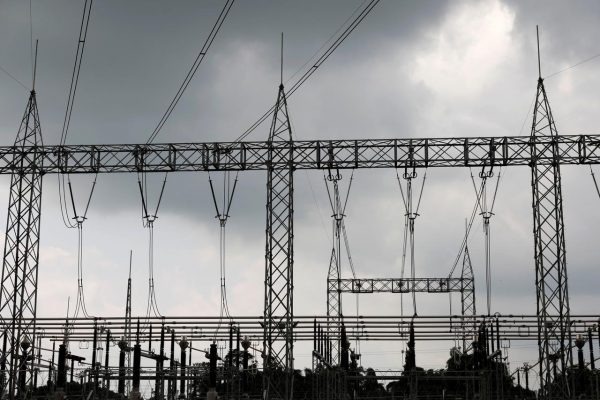Perhaps we can try to imagine the conditions before the lights were turned on in Nigeria. After all, we still have to deal with power outages, and businesses constantly need to supplement on-grid power with electricity from alternative sources.
But a world without either on-grid or off-grid electricity is hard to picture for most of us. It’s on in which there are no light bulbs, no electric fans, no television sets, and yes, no smartphones.
For today’s gadget dependent person, it would be a boring, and maybe even uncomfortable world to dwell in.
Read more about Electricity
Yet it’s only been just over a century since electricity began running through wires in the country. And for much of the time afterward, most people didn’t have any sort of access to it in any form.
Here, we’ll run through the history of power in Nigeria, and see how its supply has gone in tandem with the development of the country’s economy.
When Did the Lights Come On?
The first currents of electricity to be produced on Nigerian soil came in 1896, from a generator in Lagos. The set put out a total of 60 KW of power, which was greater than the demand of its users at the time. It’s worth noting that this was 15 years after the first electricity generator was installed in England.
The colonialists had basically imported some of their very best technologies to help them lead comfortable lives in a prized colony.
By 1923, miners had installed a 2MW power generating plant on the Kwali River in the country’s Northern Protectorate- a landmark achievement by the standards of colonial-era Nigeria. It was one of a number of power facilities set up to aid mining in the region.
A private power generating company was established to take charge of electricity generation from a hydroelectric plant in the Jos area. Another one was launched in Sapele, where the local wood industry required electricity to power its heavy-duty activities.
By the mid-1940s, the country was moving towards centralized power generation and regulation. In 1946, the Public Works Department took over electricity supply to Lagos, Port Harcourt, and Warri. Two other cities, Ibadan and Kano, had their electricity regulated by local authorities set up by the government.
In 1950, electricity supply in Nigeria came under a central body, the Electricity Corporation of Nigeria.
Nigeria’s Power Sector, Post-Independence
Nigeria’s power sector has undergone several changes since the country gained its independence from the British.
The National Electric Power Authority (NEPA) was created in 1972, out of a merger of the Nigerian Electricity Corporation and the Niger Dams Authority (NDA). The new body was made solely responsible for the generation and distribution of electricity in the country.
Find our comprehensive listings of businesses in Nigeria here
However, the body struggled to keep up with the growing demand for electricity. For decades, the infrastructure for distributing power went largely unmaintained. The failing capability coincided with a population explosion. As a result, power outages were the norm even in the major urban areas.
At the turn of the millennium, reforms were initiated to get the sector back on the path of progress. NEPA was renamed the Power Holding Company of Nigeria (PHCN), and changes were proposed in the run-up to possible privatization.
The government eventually divested from the body, broke it up into several local generation and distribution companies, and sold them to investors. Today, there are eleven distribution companies in Nigeria, and six power generating companies. The Transmission Company of Nigeria (TCN) takes charge of the transmission of electricity nationwide.
Featured image source: Reuters
Did you find this article useful? Contact us via [email protected]


